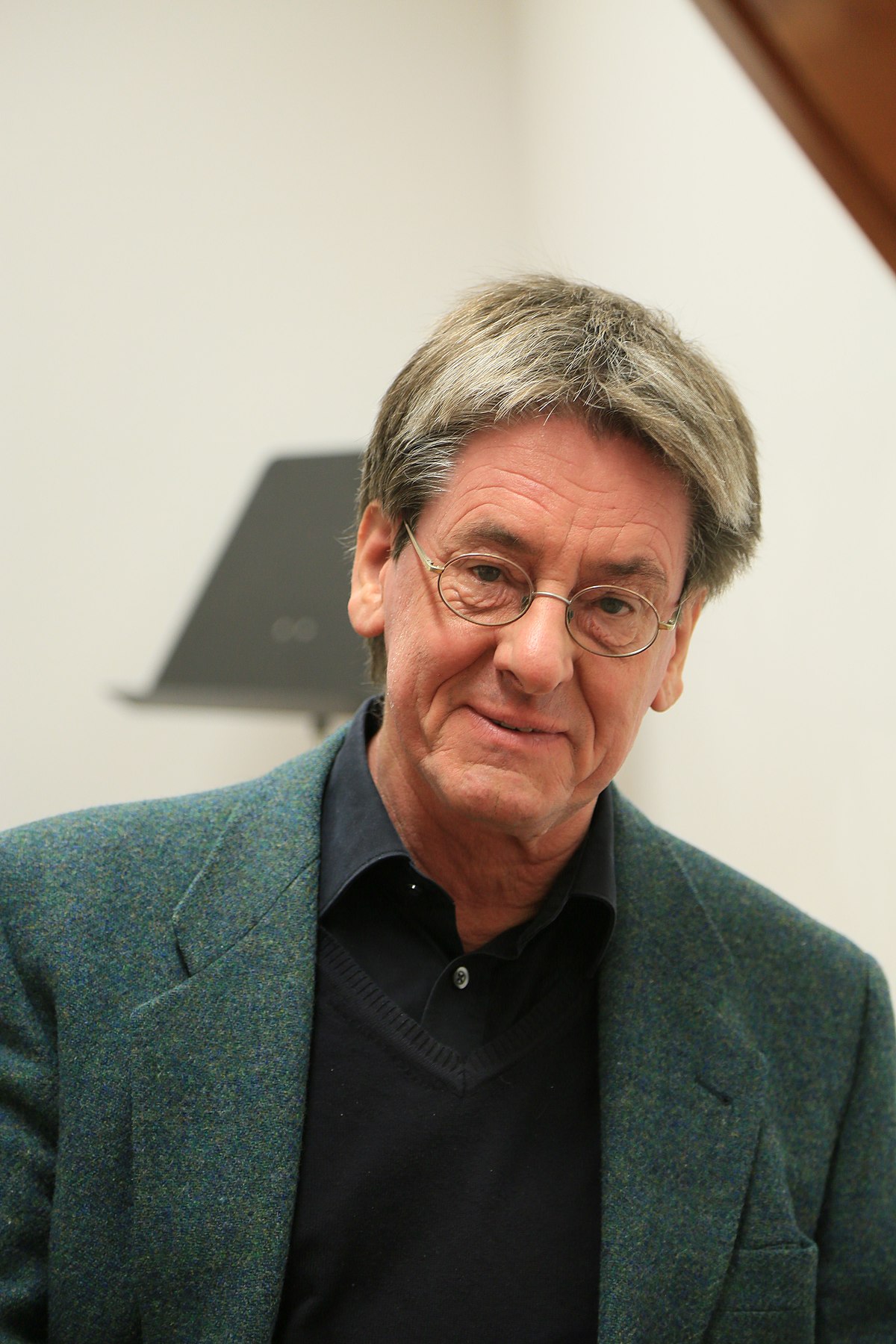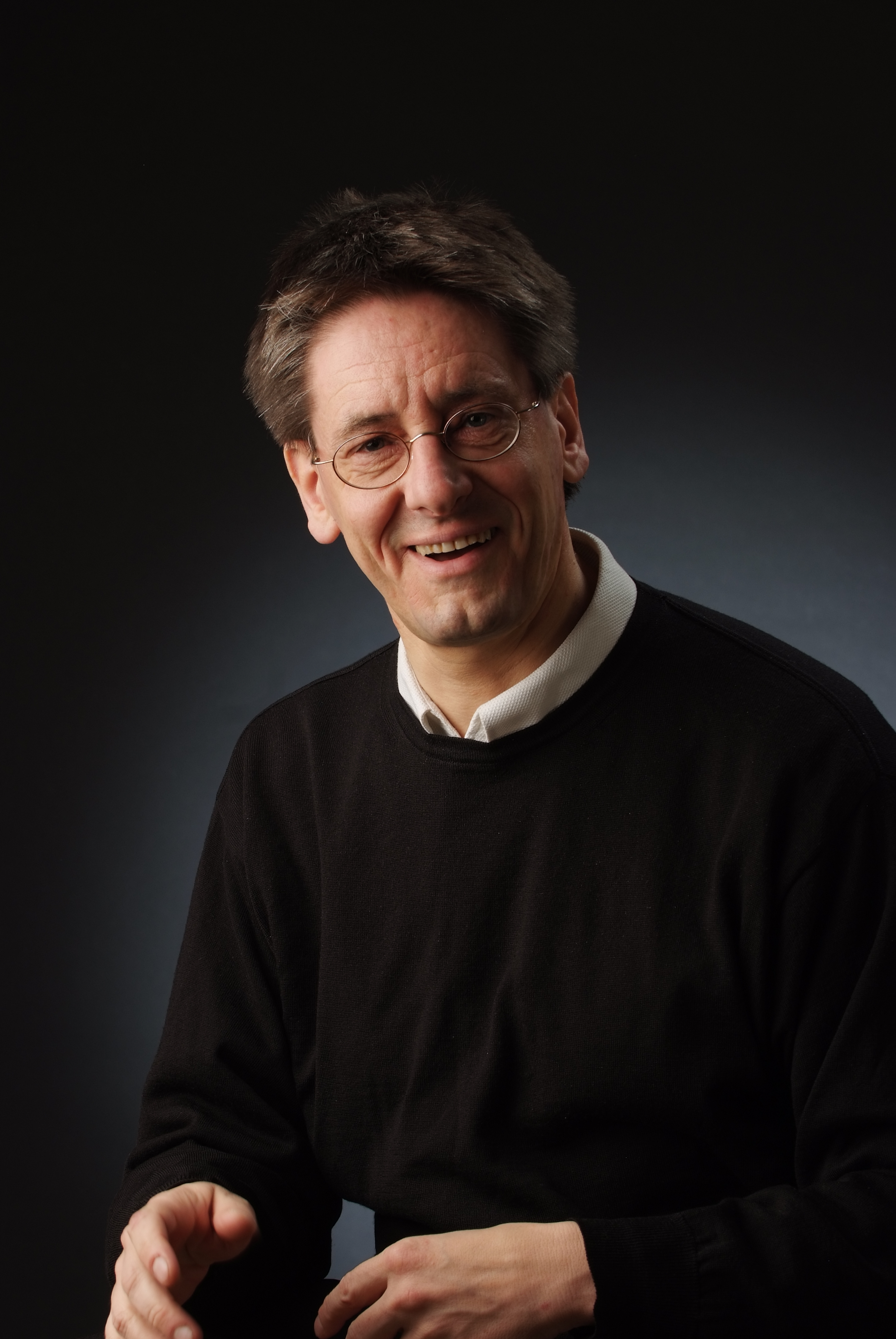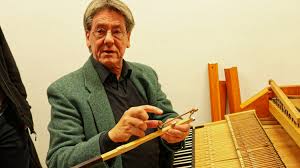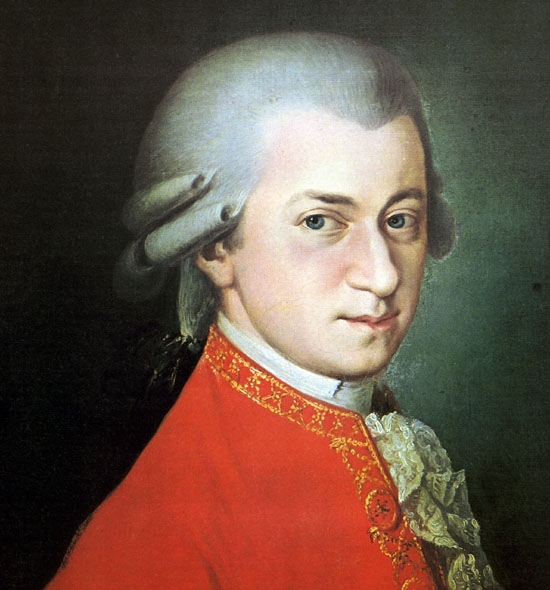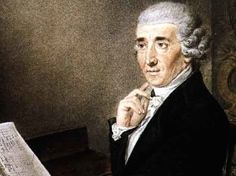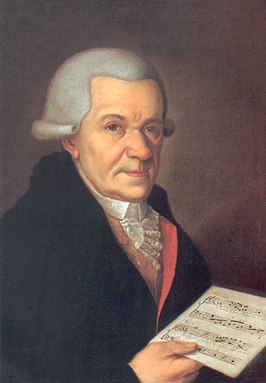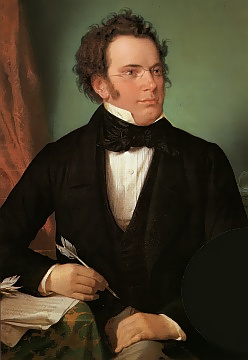Wolfgang Brunner: Perspectives from the Mozarteum: Haydn, Mozart & Schubert
12 augustus 2019 | 20.00 uur
| Muziek Museum Zutphen, Zutphen
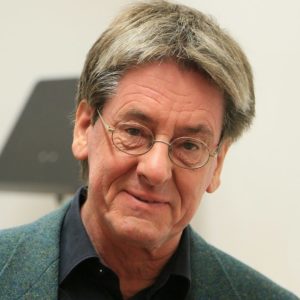
Title:
Perspectives from the Mozarteum: Works by Haydn, Mozart & Schubert
Performer:
Wolfgang Brunner (Austria), fortepiano
Instrument:
Heilmann fortepiano, c. 1780-1790
Program
Joseph Haydn (1732-1809)
Keyboard Sonata in D major, Hob.XVI:37
I. Allegro con brio
II. Largo e sostenuto
III. Finale. Presto, ma non troppo
Johann Michael Haydn (1737-1806)
Klavierstück in E-flat major, MH 468
Wolfgang Amadeus Mozart (1756-91)
Fantasia in C minor, K. 475
Franz Schubert (1797-1828)
ABOUT THIS PROGRAM
This program could be seen as an interesting juxtaposition between the structured keyboard sonata as developed by composers such as Joseph Haydn and Johann Baptist Wanhal, and the creation of free forms to fit the flourishing art of improvisation at the harpsichord, clavichord and fortepiano during the Classical and Early Romantic eras. Johann Michael Haydn, the younger brother of Joseph who was active in Salzburg for the most part of his life, was famous from a young age for his improvised fantasies at the keyboard. His Klavierstûck in E-flat major, MH 468 fits closely with the Emfindamerstil as developed by C. P. E. Bach. During his years in Salzburg, Mozart was close to Michael Haydn and several of his early works show the influence of the older composer. The Fantasia in C minor, K. 475, however, was composed in Vienna in 1785 and is highly adventuresome in its level of virtuosity, modulatory scheme and surprising and dramatic mood shifts. It is organized by an overarching form. Finally Schubert’s late Impromptu No. 2 in E-flat major, D. 946 distinguishes itself for the lyricism of its main theme and the surprising textures and coloristic harmonic shifts of its contrasting dance-like episodes. Such elements would also come to characterize the improvisatorial compositions of Chopin and Schumann.
Wolfgang Brunner
Wolfgang Brunner enjoys almost all keyboard instruments, and his love for historical tone colors has led him to play on many concert stages and in many recording studios (and to make some 60 CD recordings). Another passion of him is the keyboard improvisation, which he practices almost daily, from general bass till the accompaniment of silent movies, as crisis management at concerts, survival training and as a playful challenge. His musical drive expresses itself through unconventional programming, through the organization of concert series and through the “Salzburger Hofmusik”, which he has founded in 1992 and which up to now has successfully stood up to the economic and spiritual depletion of middle-class concert culture. Brunner satisfies his penchant for education at up to 3 musical academies (Universität Mozarteum, Bruckneruniversität Linz and Musikhochschule Trossingen), where he teaches subjects like period performance practice, old and new keyboards, improvisation and projects in collaboration with students. From time to time he cannot suppress the urge to contribute scientific articles to specialist journals or lexicons (MGG- articles), although his increasing wisdom that comes with age, tells him he’d better devote more of his attention to his charming family with 3 children.
Wolfgang Brunner is one of the few surviving musicians who have never performed in a duet with Cecilia Bartoli or Mozart.
Wolfgang Brunner (Regensburg, 1958) is een Duits klavecinist, fortepianist, dirigent en muziekpedagoog en is verbonden als Deputy-Director aan het Mozarteum in Salzburg.
Brunner begon zijn muzikale opleiding eerst met pianolessen bij zijn vader, vervolgens in de muziekscholen van München (1977-1981) en Salzburg (1982-1986). Hij leerde piano bij Hans Leygraf, klavecimbel bij Liselotte Brändle, Kenneth Gilbert en Glen Wilson, authentieke uitvoeringspraktijk bij Nikolaus Harnoncourt, pianoforte bij Eckart Sellheim en Richard Fuller (1895-1989).
Sinds 1985 doceert hij historische klavierinstrumenten, piano en piano-improvisatie en kamermuziek aan het “Mozarteum” in Salzburg. In 1990-92 was hij ook docent pianoforte aan de Muziekhogeschool in Karlsruhe.
In 1988 won hij de Eerste prijs in het internationaal concours Carl Philipp Emanuel Bach voor klavecimbel en pianoforte in Hamburg. In 1989 won hij de Eerste prijs in het internationaal pianoforte concours in het kader van het Festival Oude Muziek in Brugge. Hij zetelde zelf in de jury voor het Brugse pianoforte concours in 1998, 2001, 2004 en 2007.
Brunner is opgetreden tijdens de belangrijkste festivals van Oude Muziek, zoals Brugge, Utrecht, Herne, samen met onder meer Barbara Schlick, Michael Schopper, Gert Türk, Konrad Hünteler, Lucy van Dael en het Freiburger Barockorchester. Als continuospeler heeft hij samengewerkt met dirigenten zoals Sandor Vegh, Franz Welser Möst, Helmut Rilling en Silvain Cambrelin.
In 1991 is hij concerten begonnen met het door hem opgerichte Salzburger Hofmusik, een ensemble dat hoofdzakelijk op authentieke instrumenten speelt. Het ensemble legt zich onder meer toe op muziek uit Salzburg van voor Mozart.
Hij heeft heel wat opnamen gedaan, onder meer van de volledige pianowerken van Anton Bruckner, de liederen van Carl Orff. Met de Salzburger Hofmusik heeft hij opnamen van opera’s, orkestmuziek en kamermuziek.
Brunner interesseert zich sinds jaren ook voor dansgeschiedenis en dansonderzoek. Hij heeft muziek- en theaterwetenschappen gestudeerd, alsook Volkskunde in München en Salzburg, en is hierover van 1983 tot 1988 onderzoeker geweest.

